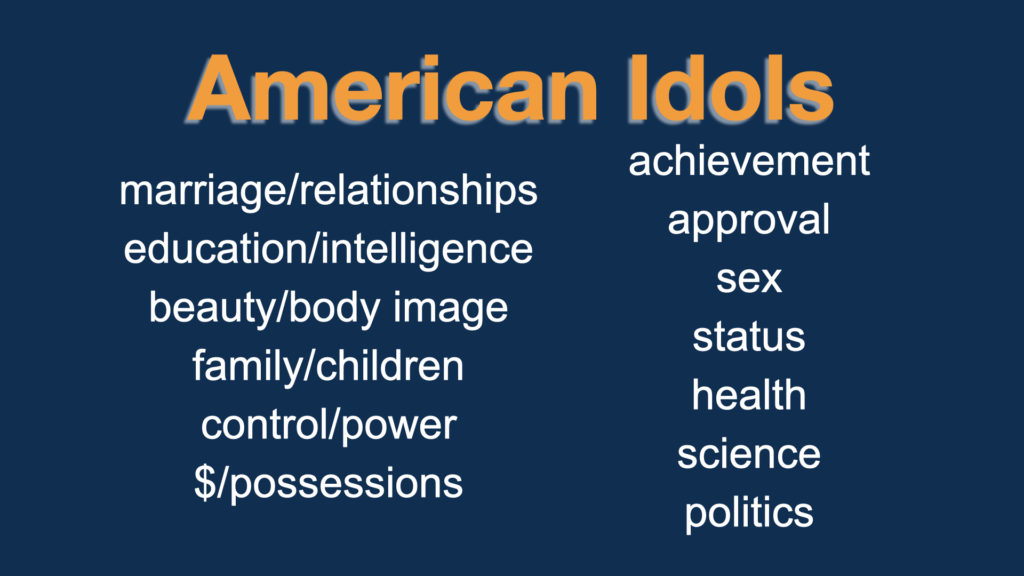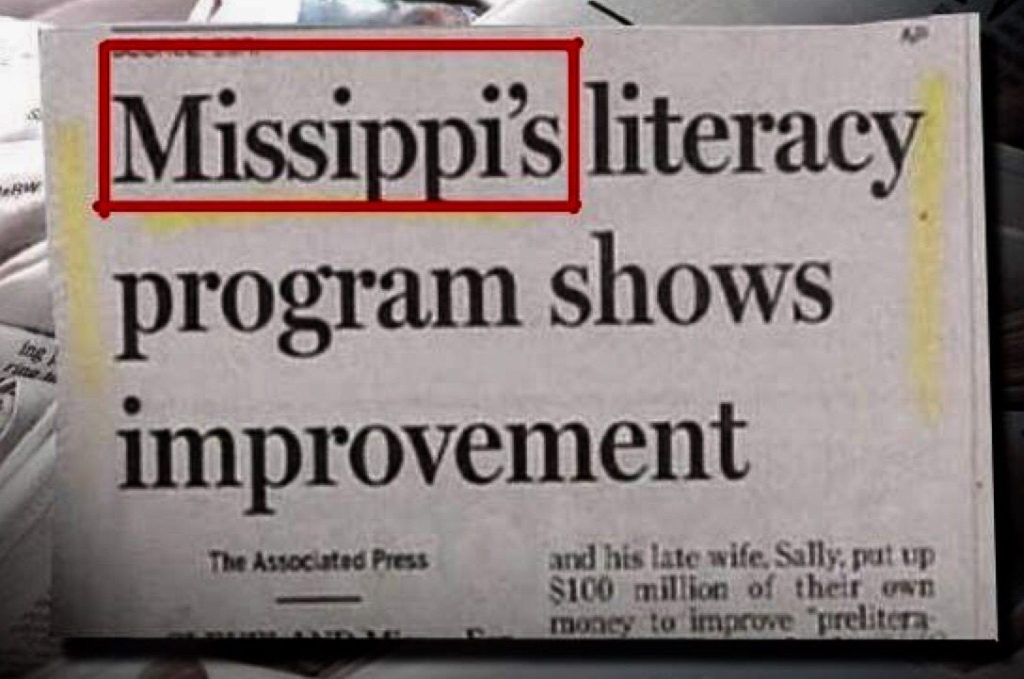
If there is a section in Numbers that might discourage you from preaching/teaching through the entire book, it’s 28:1–29:40 with its bazillion offerings.
My attempt to interpret it so it functions for the church was:
Title: “He will bring us into this land”: And We Will Gladly Give Him Our Entire Life
First, the narrative is a “go and do likewise” narrative. In some way, shape, or form, we are to follow through with what the Lord commands His people to do.
Second, how might you go about identifying theology in this exhaustive and exhausting list of offerings? I decided to present what God is saying to us in these two chapters. Each quote hopefully faithfully represents the accompanying verses:
- “It belongs to Me!” (says the Lord, in the repetition of “my” in v. 2)
- “I like it very much!” (28:2, 6, 8, 13, 24, 27; 29:2, 6, 8, 13, 36 and all the references to “pleasing aroma”)
- “But it has to be just right!” (28:2b, 3, 9, 11, 19, 31; 29:2, 8, 13, 17, 18, 20, 21, 23, 24, 26, 27, 29, 30, 32, 33 covering all the regulations of when, what kind, and how much)
- “And don’t forget to stop working!” (28:18, 25, 26; 29:1, 7, 12, 35 all dealing with the Sabbath rest: “You shall not do any ordinary work”)
I am a huge fan of grouping ideas for pedagogical reasons, in contrast to moving verse by verse, especially in a section like this.
Throughout this sermon we’re not talking about OT offerings, but what the Lord requires of us and how that fits into our relationship with Him.
Some will want to sprinkle in allusions to NT offerings such as the sacrifice of praise, or giving thanks, or offering our whole selves.
And some will want to make sure that all this talk about sacrifices to God takes place in the context of His ultimate Sacrifice of His Son. Everything we offer Him is in response to His best Gift.
I hope you will make an attempt to preach or teach this some day, if you haven’t already. And I know our Lord will receive glory in the church and in Christ Jesus (Ephesians 3:21).
Randal










